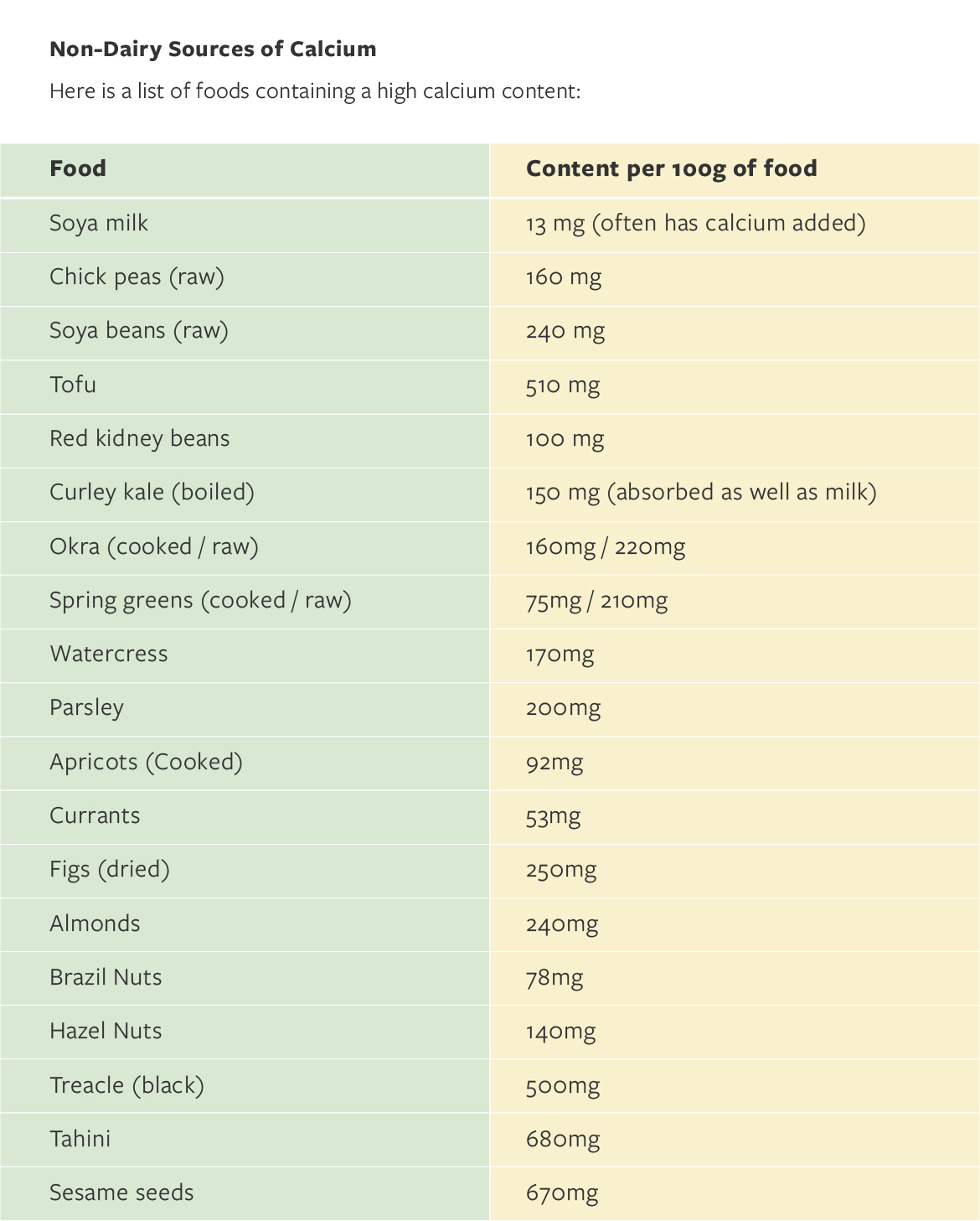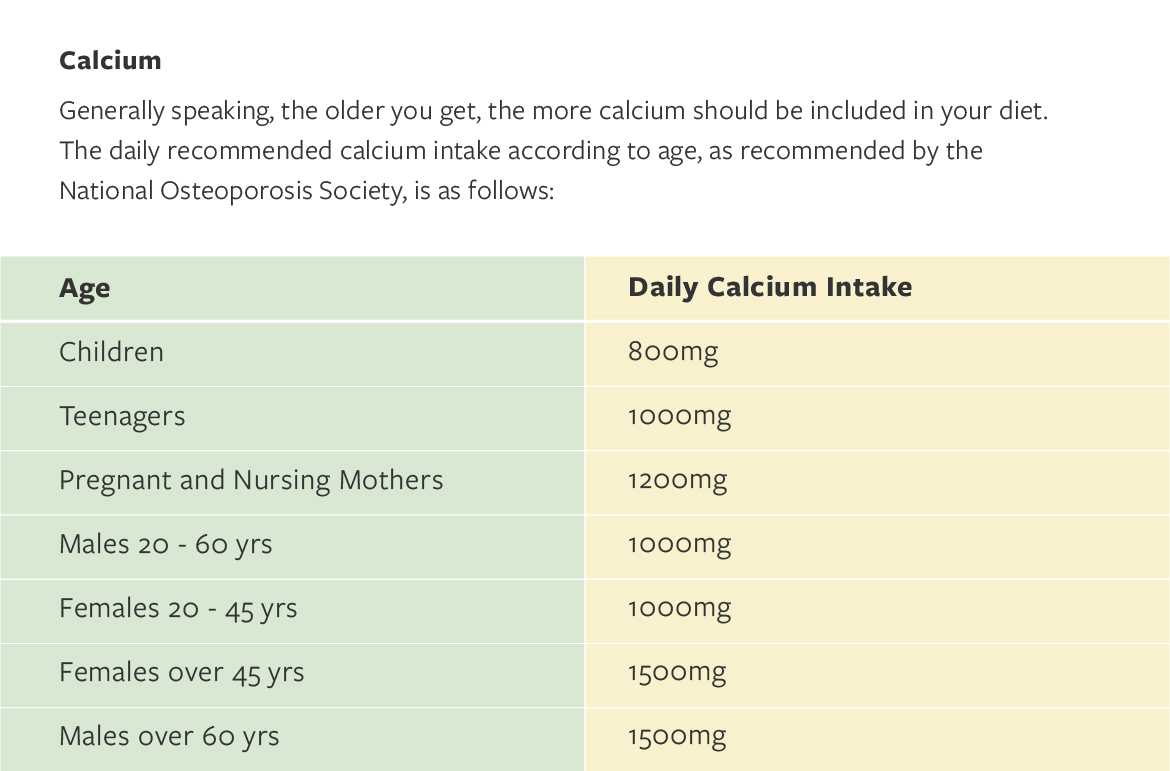Milk
Did you know - cows` milk allergy affects around 3-6% of infants and young children. Usually those with the allergy start to have symptoms in their first few months, which causes many health problems and is frequently not diagnosed, or takes many months to be diagnosed. Most children outgrow milk allergy by five years of age, meaning that true milk allergy in older children and adults is extremely uncommon.
Milk and dairy foods are an important part of our diet, providing many nutrients including the proteins, minerals and vitamins which are essential for growth, bone and dental health. It`s important therefore, that if you think you or your baby might be allergic to cows` milk, you speak to a GP or Health Visitor about it.
Because cow`s milk and dairy foods contain some essential nutrients, it`s important that these nutrients are sourced from other foods if an allergy means you can`t have them in your diet.
Cows' milk-free diet
If a child or adult needs to avoid cows` milk, remember that it might be present in many foods, such as:
- Milk
- Milk Powder
- Milk drinks
- All types of cheese
- Butter
- Margarine
- Yogurt
- Cream
- Ice cream
Food labels that list any of the ingredients below also contain some cows` milk or products in them:
- Casein
- Caseinates
- Hydrolysed casein
- Skimmed milk
- Skimmed milk powder
- Milk solids
- Non-fat milk
- Whey
- Whey syrup sweetener
- Milk sugar solids
- Lactose
If you or your child are allergic to the proteins in cows` milk, unfortunately neither goat nor sheep milk will be suitable as a replacement. However, some patients who are intolerant to milk but not truly allergic to cows` milk may tolerate goats` milk or sheep`s` milk better than cows` milk, due to factors other than milk protein. If in any doubt, just check with your medical advisor.
It`s also worth remembering that soya milk available in shops and supermarkets is unsuitable for babies under 12 months. However, in children over 12 months, soya milk can be used during weaning, both as a drink and in recipes to replace cows` milk. Soya milks specially developed for younger children are available, but aren`t recommended for babies under 6 months old.
Cows' milk is an important source of calcium. If my baby must avoid cows' milk, will he get enough calcium?
The good news is soya baby milks are fortified with calcium, and one pint will provide about 60% of the daily calcium requirement for babies under one year. The balance of the calcium must be obtained from milk-free foods at weaning and occasionally, calcium supplements may be necessary if a baby isn`t having a sufficient amount of soya baby milk and calcium rich solids. If you`re concerned about your baby's calcium intake, ask your dietitian or doctor for advice.
We prefer a vegetarian diet. Can we give our baby a soy formula instead of a formula based on cows` milk?
Yes, although soya formula is mainly given to babies with cows` milk intolerance, it`s also free from animal products. So, if you prefer to give your babies a vegetarian diet, you can use it.
Lactose Intolerance
This is a relatively uncommon condition in Europeans, but is present in many African and Asian populations. It`s not an allergic condition as such, but an inability to digest lactose (milk sugar). It can affect both children and adults, with the common symptoms being diarrhoea, bloating and discomfort.
Lactose intolerance can occur temporarily following a bout of gastroenteritis, with diarrhoea being the main symptom. As with all intolerances, the only solution is avoidance of the offending food until you can once again tolerate it, which may be weeks, months or longer.
For some people there is a dose-related response, which means that while you may be able to tolerate milk in tea, a glass of milk would cause symptoms. There is also a test available for the diagnosis of lactose intolerance, called a lactose challenge, and for small babies and children it`s a good idea to take it. After all, if there`s no need to exclude foods from your diet, life is a great deal simpler. Your GP can refer you to a gastroenterologist who can give you an accurate diagnosis.
In adults, an exclusion diet would probably be adequate and this can be easily done at home. If your diet is already restricted or you have a family history of osteoporosis (brittle bones), a dietitian should be consulted. Your GP can also refer you to a State Registered Dietitian on the National Health Service.


